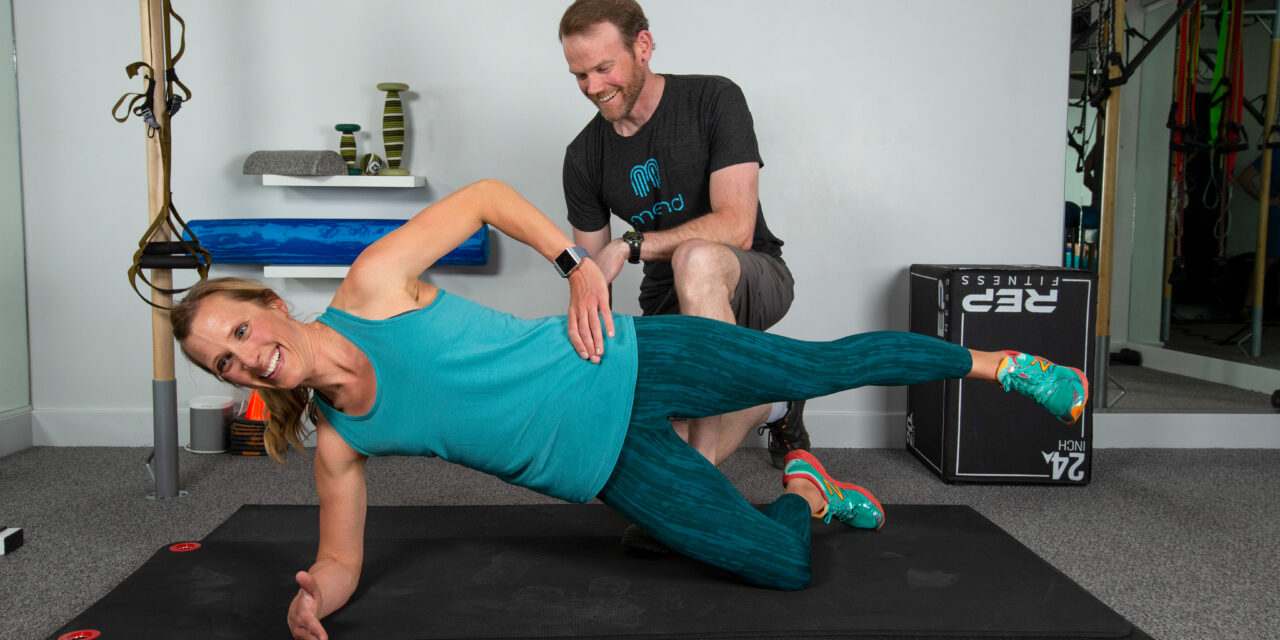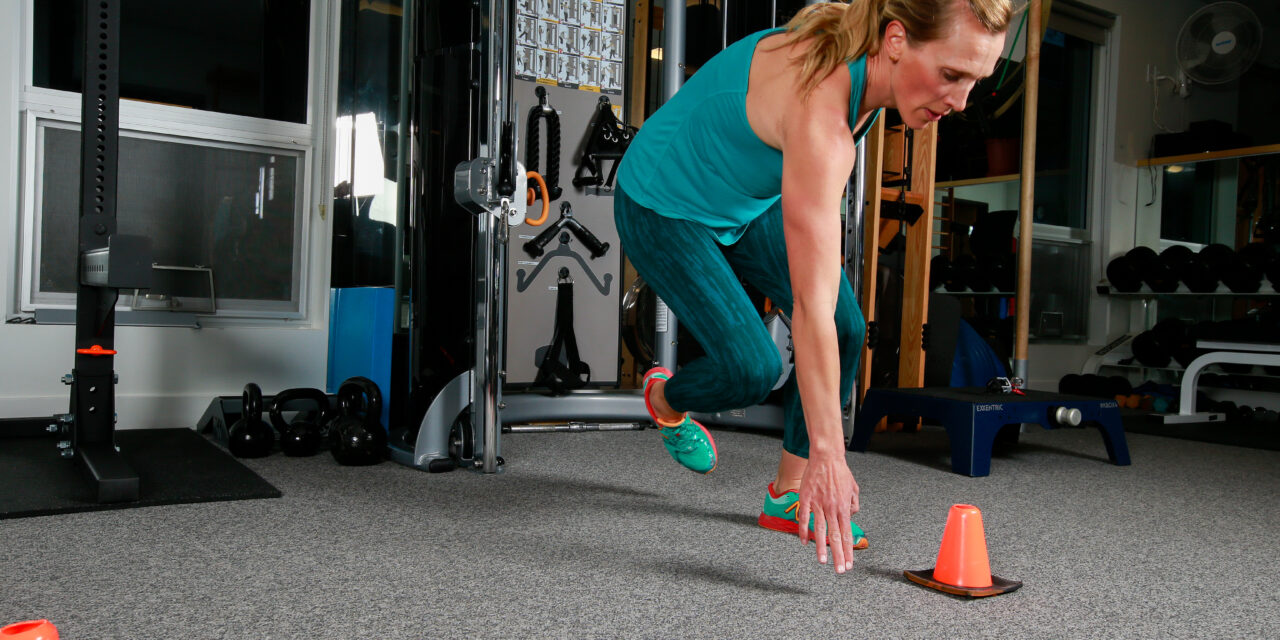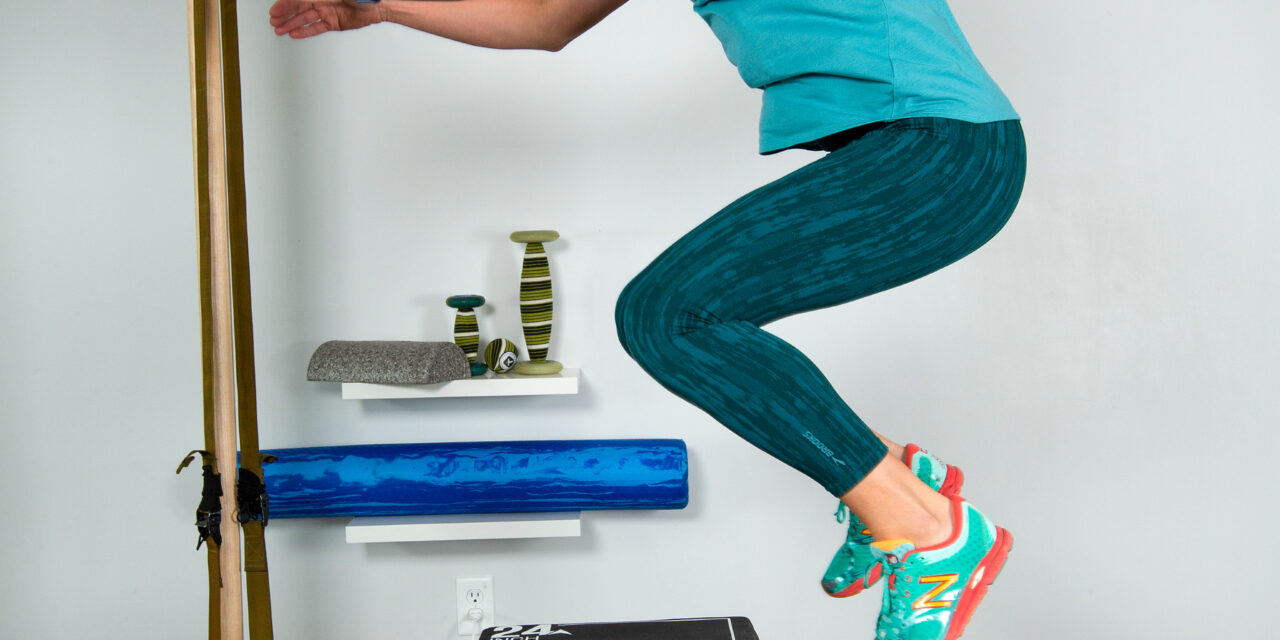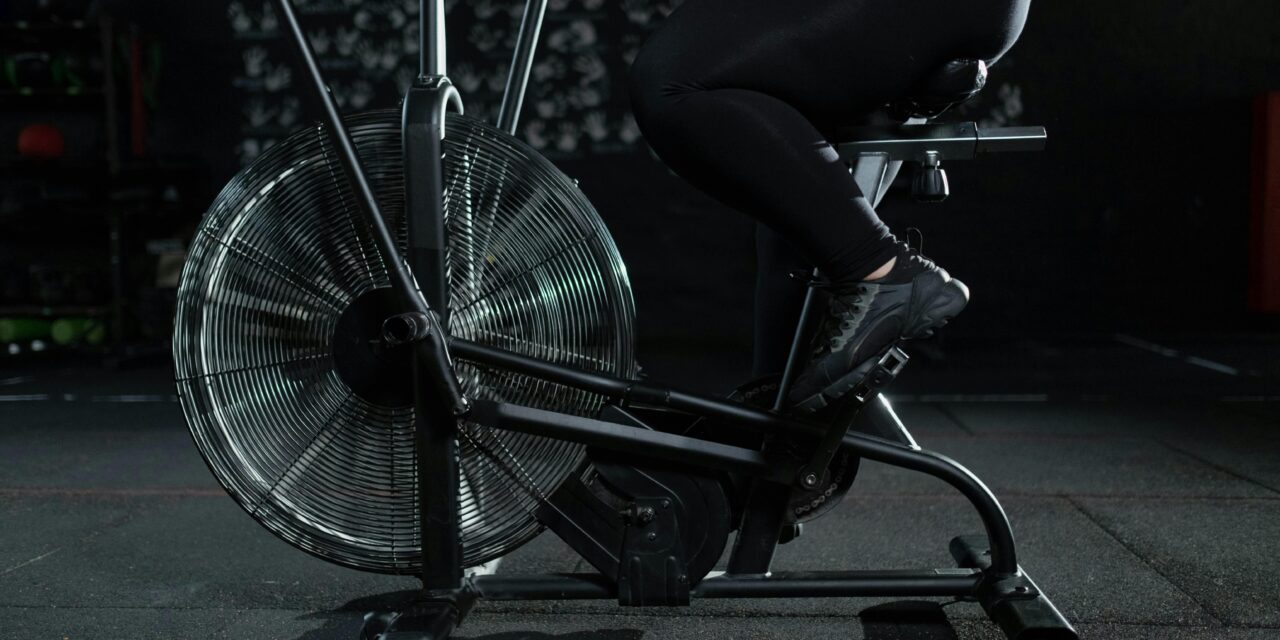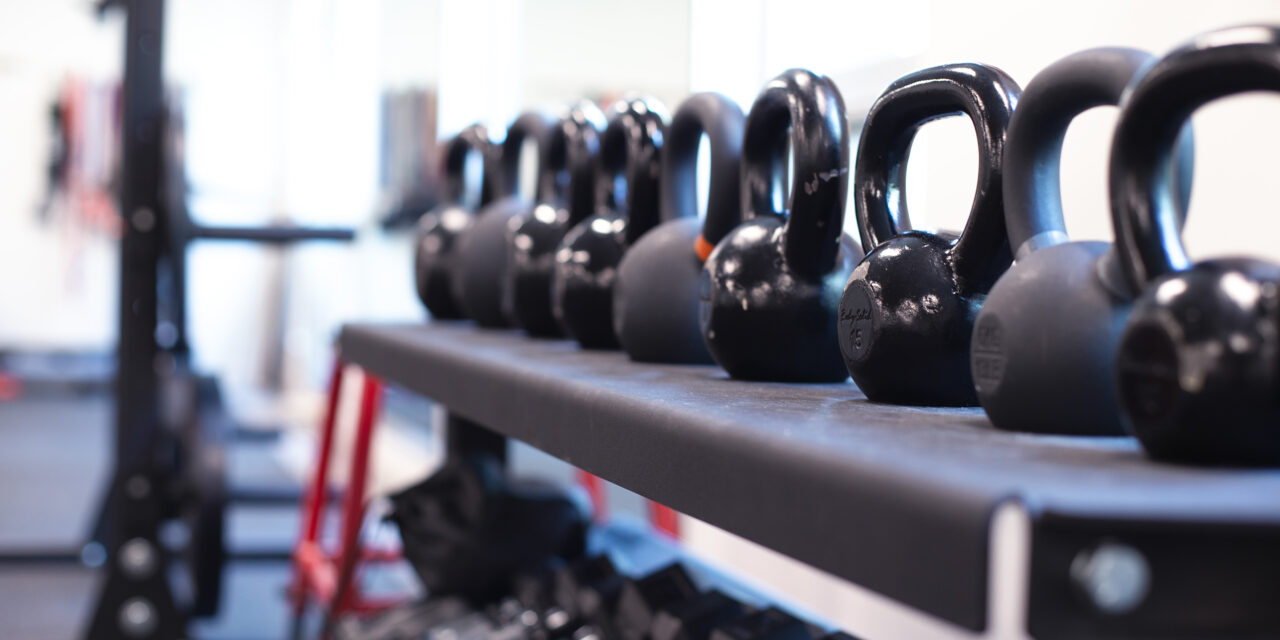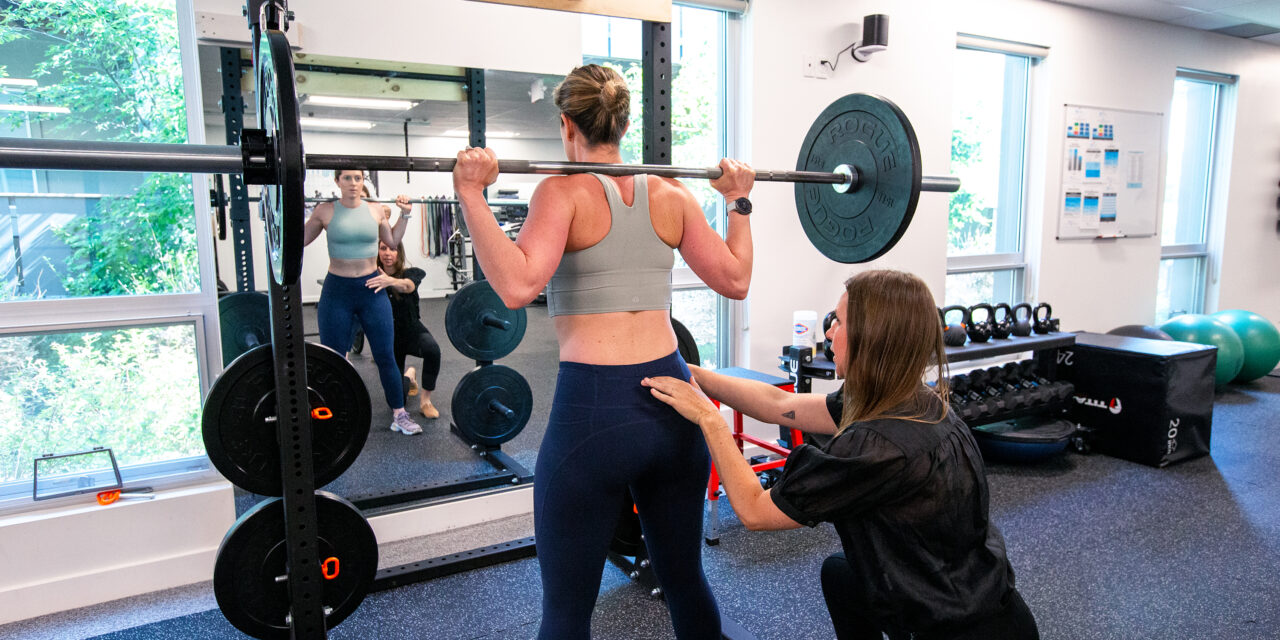By: Rani Helvey-Byers, PT, DPT, OCS When it comes to exercise, the way you train matters as much as what you train. The same movement — be it a squat or a row — can achieve different results depending on the sets, reps, load, and the length of the rest breaks you use. Understanding these...
Boulder and its’ surrounding areas are well known for many things including the percentage of citizens who exercise. Some surveys have reported over 90% of people living in Boulder are active making it one of the fittest cities in the country. Granted this is self report, but it is hard not to look around during...
By: Lucas Glomb, PT, DPT, OCS Many people think that once they’re cleared to return to sport after ACL reconstruction, the work is done. But for many athletes, the real challenges show up months, or even years, later. Depending on the type of graft used for reconstruction, patients may develop chronic issues that limit performance...
Don’t settle for being undertrained. ACL Rehab After 8-12 Weeks – Why Building Strength Now Is Critical
October 1, 2025
By: Lucas Glomb, PT, DPT, OCS The 8-12 week mark following ACL reconstruction is one of the most critical phases of rehab. Early on, the focus is on restoring range of motion, managing swelling, and regaining basic function – something that most PT clinics do very well. However, by the 8-12 week mark, the priority...
Breast cancer is the leading cause of cancer related death women with over 600K deaths attributed to this form of cancer worldwide. National and international guidelines continue to support the utilization of exercise as part of a multimodal treatment plan for patients with this form of cancer. Exercise has a significant impact on metabolic and...
Running injuries are very common among amateur and professional runners. Up to 90% of all runners report an injury limiting their training or competition. In our Boulder Physical Therapy and Lafayette Physical Therapy clinics the vast majority of running injuries are overuse in nature and are often precipitated by muscle imbalances and training errors. The...
Lifting The Heaviest Weight At The Gym
August 1, 2025
In personal training we often joke the heaviest weight in the gym for participants is the front door. Researchers have shown 1 in 3 adults world wide do not meet international standards for physical activity. In the United States, 3 out of 4 adults do not meet our national guidelines for physical activity. The reasons...
Time remains one the most precious resources and is often sighted as the biggest barrier to exercising consistently. When we devote time to working out we need to ensure the time spent is effective for our health and fitness goals. One area we notice people waste time on is using the incorrect weight for their...
How does working with a personal trainer compare with self directed programs and online exercise apps?
July 30, 2025
Technology’s impact on our lives continues to grow each year. In the exercise industry we have seen a significant impact ranging from wearable technologies tracking fitness data to numerous apps and online programs for any number of fitness and health goals. Two of the main limitations of these technologies include a lack of direct supervision...
By: John Crawley, PT, DPT, OCS A recent study by M. Erickson et. al. looked at how patterns of rest and activity, like when we’re active and when we sleep, relate to our overall physical health as we get older. Researchers studied nearly 800 older adults, most of them in their mid-70s, and used wearable...

